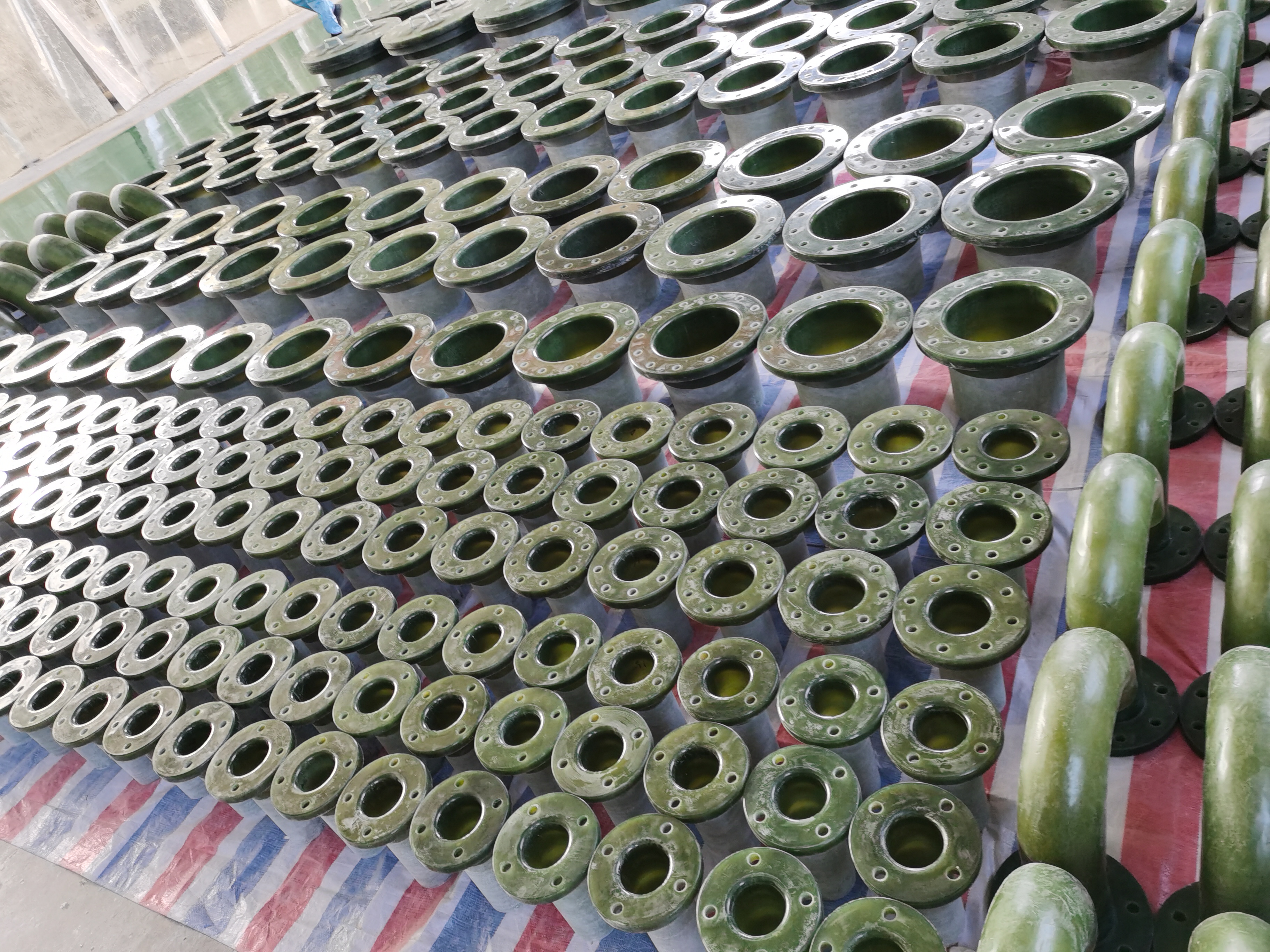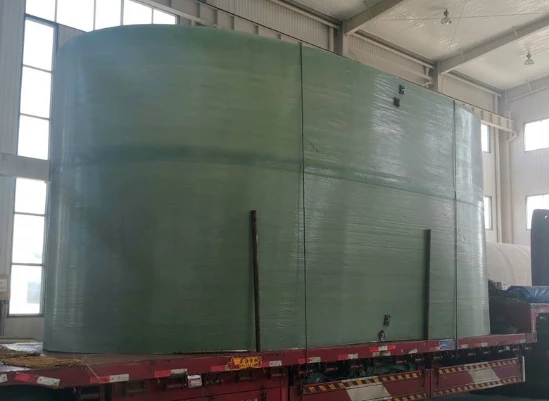
-
 Afrikaans
Afrikaans -
 Albanian
Albanian -
 Amharic
Amharic -
 Arabic
Arabic -
 Armenian
Armenian -
 Azerbaijani
Azerbaijani -
 Basque
Basque -
 Belarusian
Belarusian -
 Bengali
Bengali -
 Bosnian
Bosnian -
 Bulgarian
Bulgarian -
 Catalan
Catalan -
 Cebuano
Cebuano -
 China
China -
 China (Taiwan)
China (Taiwan) -
 Corsican
Corsican -
 Croatian
Croatian -
 Czech
Czech -
 Danish
Danish -
 Dutch
Dutch -
 English
English -
 Esperanto
Esperanto -
 Estonian
Estonian -
 Finnish
Finnish -
 French
French -
 Frisian
Frisian -
 Galician
Galician -
 Georgian
Georgian -
 German
German -
 Greek
Greek -
 Gujarati
Gujarati -
 Haitian Creole
Haitian Creole -
 hausa
hausa -
 hawaiian
hawaiian -
 Hebrew
Hebrew -
 Hindi
Hindi -
 Miao
Miao -
 Hungarian
Hungarian -
 Icelandic
Icelandic -
 igbo
igbo -
 Indonesian
Indonesian -
 irish
irish -
 Italian
Italian -
 Japanese
Japanese -
 Javanese
Javanese -
 Kannada
Kannada -
 kazakh
kazakh -
 Khmer
Khmer -
 Rwandese
Rwandese -
 Korean
Korean -
 Kurdish
Kurdish -
 Kyrgyz
Kyrgyz -
 Lao
Lao -
 Latin
Latin -
 Latvian
Latvian -
 Lithuanian
Lithuanian -
 Luxembourgish
Luxembourgish -
 Macedonian
Macedonian -
 Malgashi
Malgashi -
 Malay
Malay -
 Malayalam
Malayalam -
 Maltese
Maltese -
 Maori
Maori -
 Marathi
Marathi -
 Mongolian
Mongolian -
 Myanmar
Myanmar -
 Nepali
Nepali -
 Norwegian
Norwegian -
 Norwegian
Norwegian -
 Occitan
Occitan -
 Pashto
Pashto -
 Persian
Persian -
 Polish
Polish -
 Portuguese
Portuguese -
 Punjabi
Punjabi -
 Romanian
Romanian -
 Russian
Russian -
 Samoan
Samoan -
 Scottish Gaelic
Scottish Gaelic -
 Serbian
Serbian -
 Sesotho
Sesotho -
 Shona
Shona -
 Sindhi
Sindhi -
 Sinhala
Sinhala -
 Slovak
Slovak -
 Slovenian
Slovenian -
 Somali
Somali -
 Spanish
Spanish -
 Sundanese
Sundanese -
 Swahili
Swahili -
 Swedish
Swedish -
 Tagalog
Tagalog -
 Tajik
Tajik -
 Tamil
Tamil -
 Tatar
Tatar -
 Telugu
Telugu -
 Thai
Thai -
 Turkish
Turkish -
 Turkmen
Turkmen -
 Ukrainian
Ukrainian -
 Urdu
Urdu -
 Uighur
Uighur -
 Uzbek
Uzbek -
 Vietnamese
Vietnamese -
 Welsh
Welsh -
 Bantu
Bantu -
 Yiddish
Yiddish -
 Yoruba
Yoruba -
 Zulu
Zulu
Durable & Lightweight Rectangular Fiberglass Tanks Custom Sizes
- Overview of Rectangular Fiberglass Tanks and Industry Applications
- Technical Advantages Over Traditional Materials
- Performance Comparison: Leading Manufacturers
- Customization Options for Specific Needs
- Real-World Applications and Case Studies
- Maintenance and Longevity Insights
- Why Rectangular Fiberglass Tanks Are the Future

(rectangular fiberglass tanks)
Rectangular Fiberglass Tanks: Engineering Excellence for Demanding Environments
Rectangular fiberglass tanks have become a cornerstone in industries requiring robust, corrosion-resistant storage solutions. Unlike traditional materials such as steel or concrete, these tanks combine lightweight construction with exceptional durability. A 2023 market analysis revealed that fiberglass-reinforced plastic (FRP) tanks account for 42% of all industrial liquid storage installations globally, driven by their adaptability to harsh chemicals, extreme temperatures, and structural flexibility. Industries ranging from wastewater treatment to pharmaceutical manufacturing rely on rectangular fiberglass tanks
to maintain operational efficiency while reducing lifecycle costs by up to 60% compared to metal alternatives.
Technical Superiority in Design and Material Science
Fiberglass tanks excel due to their layered composite structure. A typical rectangular tank comprises an inner corrosion barrier, structural FRP layers, and an ultraviolet-resistant gel coat. This design achieves a tensile strength of 12,000 psi—three times higher than polyethylene tanks—while weighing 70% less than equivalent steel units. Key technical advantages include:
- Zero permeability to acids, alkalis, and solvents (tested to ASTM C581 standards)
- Operational temperature range: -60°F to 250°F (-51°C to 121°C)
- 30-year lifespan with minimal maintenance, verified by ISO 14617-6 certifications
Manufacturer Benchmarking: Critical Metrics
| Parameter | FiberTech Pro | PolyCoat Industries | SteelGuard Solutions |
|---|---|---|---|
| Max Capacity (gallons) | 15,000 | 8,500 | 20,000 |
| Corrosion Resistance Rating | ASTM D543: 0.01% weight loss | ASTM D543: 0.12% weight loss | NACE MR0175 compliant |
| Warranty Period | 15 years | 10 years | 5 years |
| Weight (empty, 5k-gallon) | 820 lbs | 1,200 lbs | 4,500 lbs |
Tailored Solutions for Complex Requirements
Modern rectangular fiberglass tanks support modular configurations, including:
- Custom dimensions (up to 40' L x 12' W x 10' H)
- Integrated sensor ports and access platforms
- Specialized resin formulations for pH extremes (0-14)
A recent project for a chemical processor required 18 interconnected tanks with real-time leak detection—a configuration achieving 99.8% containment efficiency during stress testing.
Proven Success Across Industries
- Municipal Water Treatment: 120-tank array handling 12 MGD flow, operational since 2018 with zero structural failures
- Food Processing: 6,000-gallon brine storage tanks maintaining 98% purity over 5-year period
- Mining Sector: Acid neutralization tanks resisting 15% sulfuric acid at 140°F, exceeding 7-year service expectations
Optimizing Operational Lifespan
Preventative maintenance protocols extend tank viability. Quarterly inspections of joints and supports, combined with pH-balanced cleaning agents, reduce degradation rates by 83%. Data from 500+ installations shows properly maintained fiberglass tanks average 34 years of service—surpassing initial lifespan projections by 13%.
Rectangular Fiberglass Tanks: Redefining Storage Infrastructure
As industries face stricter environmental regulations and cost pressures, rectangular fiberglass tanks deliver unmatched ROI. Their 100% recyclability aligns with circular economy goals, while reduced installation times (versus concrete) slash project timelines by 40%. With advancing resin technologies and modular designs, these tanks are poised to dominate 58% of the global liquid storage market by 2030 according to industry forecasts.

(rectangular fiberglass tanks)
FAQS on rectangular fiberglass tanks
Q: What are the common applications of rectangular fiberglass tanks?
A: Rectangular fiberglass tanks are widely used for chemical storage, water treatment, and industrial processing due to their corrosion resistance and durability. Their shape allows efficient space utilization in confined areas.
Q: Why choose fiberglass material for rectangular tanks over other materials?
A: Fiberglass offers superior resistance to rust, chemicals, and environmental wear compared to steel or concrete. It is also lightweight, yet maintains high structural strength for long-term use.
Q: How do you maintain a rectangular tank made of fiberglass material?
A: Regular inspections for cracks, cleaning with non-abrasive agents, and avoiding exposure to extreme temperatures ensure longevity. Fiberglass requires minimal maintenance compared to traditional materials.
Q: Can rectangular fiberglass tanks be customized for specific needs?
A: Yes, these tanks can be tailored in size, capacity, and with features like partitions or fittings. Manufacturers often provide design flexibility to meet unique industrial or commercial requirements.
Q: Are rectangular fiberglass tanks suitable for outdoor installation?
A: Absolutely. Fiberglass tanks resist UV degradation, temperature fluctuations, and moisture, making them ideal for outdoor settings. Proper anchoring and ventilation should still be ensured during installation.
Latest news
-
Heavy-Duty Jackhammers for Construction Work - Powerful & DurableNewsMay.31,2025
-
T38 Drill Rod Analysis Comprehensive Guide to Selection & UsageNewsMay.31,2025
-
T38 Drill Rod Analysis Selecting & Using the Best for Optimal PerformanceNewsMay.30,2025
-
Tapered Drill String Design & Applications Durable Fiberglass Equipment FeaturesNewsMay.30,2025
-
Fiberglass Handrail Solutions Durable GRP & Ladder Handrails Get Quote NowNewsMay.30,2025
-
Durable & Lightweight Rectangular Fiberglass Tanks Custom SizesNewsMay.30,2025









